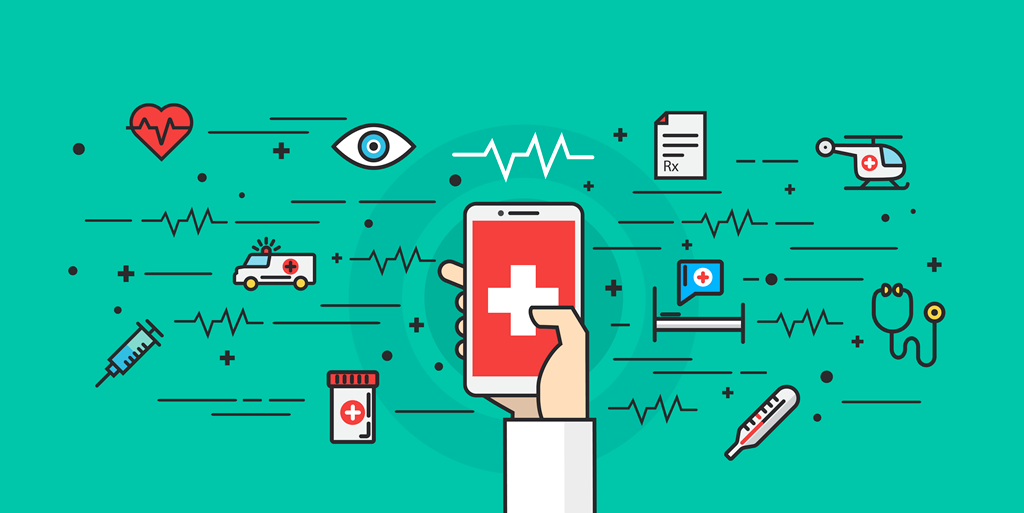In recent years, the landscape of healthcare has been undergoing a remarkable transformation thanks to advancements in health technology innovations. From wearable devices to mobile health apps, these innovations are empowering individuals to take charge of their health like never before.
One of the most notable advancements in health technology is the proliferation of wearable devices. These compact gadgets, ranging from smartwatches to fitness trackers, are equipped with sensors that monitor various aspects of health in real-time. For instance, they can track heart rate, sleep patterns, physical activity levels, and even provide insights into stress levels. This wealth of data enables users to gain valuable insights into their overall health and make informed decisions to improve their well-being.

Moreover, wearable devices are not just limited to fitness tracking. They are increasingly being utilized in medical settings for remote patient monitoring and chronic disease management. Patients with conditions such as diabetes, hypertension, and heart disease can now use wearable devices to monitor vital signs and share data with healthcare providers, facilitating proactive interventions and personalized treatment plans.
In addition to wearables, health apps have also become indispensable tools for promoting wellness and managing health conditions. These mobile applications offer a wide range of functionalities, from tracking diet and exercise to providing access to virtual consultations with healthcare professionals. For example, individuals looking to adopt healthier eating habits can use nutrition apps to track their daily food intake, receive personalized meal plans, and access nutritional information on-the-go.
Furthermore, telemedicine apps have gained immense popularity, especially in light of the COVID-19 pandemic. These apps allow patients to consult with healthcare providers remotely, eliminating the need for in-person visits and reducing the risk of exposure to infectious diseases. Through video calls, chat interfaces, and secure messaging platforms, patients can receive medical advice, refill prescriptions, and even receive mental health support from the comfort of their homes.
Beyond individual health management, health technology innovations are also revolutionizing population health initiatives and healthcare delivery systems. Data collected from wearable devices and health apps can be aggregated and analyzed to identify trends, track disease outbreaks, and inform public health interventions. Additionally, these technologies enable healthcare providers to deliver more efficient and cost-effective care by streamlining administrative tasks, reducing hospital readmissions, and optimizing resource allocation.
However, alongside the tremendous benefits, health technology innovations also raise important considerations regarding data privacy, security, and equity. As more personal health information is collected and shared through wearable devices and health apps, ensuring the confidentiality and integrity of this data becomes paramount. Moreover, there is a need to address disparities in access to technology-based healthcare solutions, particularly among underserved populations who may lack access to smartphones or reliable internet connectivity.
Health technology innovations are reshaping the healthcare landscape and empowering individuals to proactively manage their health and well-being. From wearable devices that monitor vital signs to mobile apps that facilitate virtual consultations, these advancements are enhancing the quality, accessibility, and efficiency of healthcare delivery. Moving forward, it is essential to address challenges related to data privacy, security, and equity to ensure that the benefits of health technology innovations are accessible to all.






